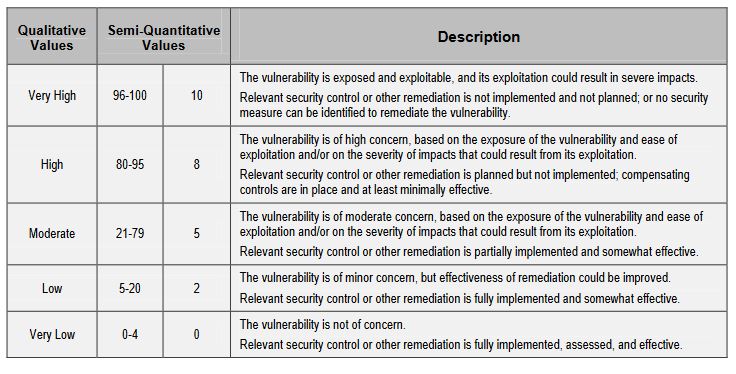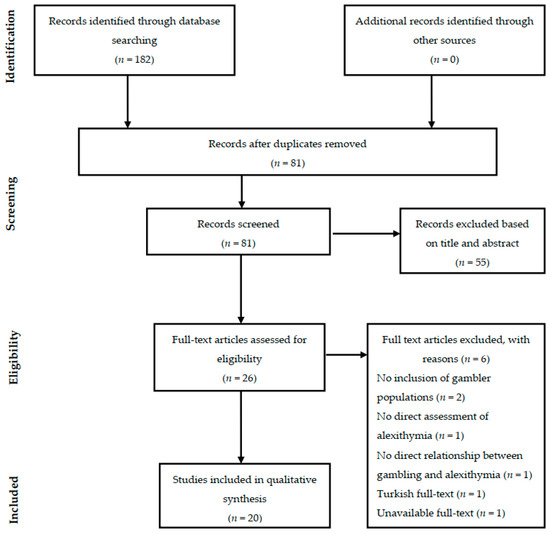Problem Gambling Severity Index
#Problem Gambling Severity Index (PGSI) 16. Below are a number of statements that describe the consequences of gambling. Please indicate how often you have experienced the following consequences in the past 12 months. Problem Gambling Severity Index (PGSI) Used in the Health Survey for England, Scottish Health Survey and the Welsh Problem gambling Survey. The PGSI was specifically developed for use among the.
www.gambler-addiction-index.com
The Gambler Addiction Index (GAI) is designed for gambler assessment, screening, or testing. The GAI has been standardized on people in treatment for gambling, probationers on gambler caseloads, and outpatient gambler groups. The GAI is an automated (computer scored), self-report assessment instrument, or test that consists of 166 items and takes 30 to 35 minutes to complete. The GAI is written at a high 5th to low 6th grade reading level. From test data (answers) input, GAI�s are computer scored with reports printed on-site, within 2 � minutes.

Problem gambling is clinically defined as an impulse control disorder (Diagnostic and Statistical Manual, 4th edition). The GAI contains a reformatted DSM-IV Gambling Scale. Problem gamblers have strong impulses to gamble, despite harmful life consequences. In addition, the GAI contains a Gambling Severity Scale that measures gambling intensity. These two GAI scales codetermine a meaningful gambler profile. No other gambler test incorporates these two gambling measures, or scales.
Another unique GAI feature is its Truthfulness Scale. Gamblers are notorious liars. When asked about their gambling, most problematic gamblers attempt to rationalize their gambling, deny extensive gambling involvement, or attempt to minimize it. In other words, when assessing gamblers, the evaluator needs to know if the client was honest and truthful. No other gambler test contains a Truthfulness Scale.
Seven GAI Measures
Demographics Of Gamblers
The Gambler Addiction Index (GAI) contains seven scales or measures: 1. Truthfulness Scale, 2. Gambling Severity Scale, 3. DSM-IV Gambling Scale, 4. Alcohol Scale, 5. Drug Scale, 6. Suicide Scale, and 7. Stress Coping Abilities (Stress Management) Scale. These GAI Scales (measures) embody areas of inquiry considered, by many, as necessary for gambler understanding.

Gambling Screening Tool Pdf

The Problem Gambling Severity Index (PGSI) is the standardised measure of at risk behaviour in problem gambling. It is a tool based on research on the common signs and consequences of problematic gambling. Assessing where your client is now can help you make informed decisions on how to assist them.
- How does it work?
The PGSI quiz asks participants to self-assess their gambling behaviour over the past 12 months by scoring themselves against nine questions. The response options attract the following scores:
- never (score: 0)
- rarely (score: 1)
- sometimes (score: 1)
- often (score: 2)
- always (score: 3)
- The categories are:
- non-problem gambler
- low-risk gambler
- moderate-risk gambler
- problem gambler.
It is important to note that categorisation through the PGSI is not the same as clinical diagnosis, which requires assessment by a clinician.
Screens similar to the PGSI are also used to investigate other health issues, such as alcoholism and anxiety.
- What do the categories mean?
Non-problem gambler - Score: 0
- Non-problem gamblers gamble with no negative consequences.
Low-risk gambler - Score: 1–2
- Low-risk gamblers experience a low level of problems with few or no identified negative consequences. For example, they may very occasionally spend over their limit or feel guilty about their gambling.
Moderate-risk gambler - Score: 3–7
- Moderate-risk gamblers experience a moderate level of problems leading to some negative consequences. For example, they may sometimes spend more than they can afford, lose track of time or feel guilty about their gambling.
Problem gambler - Score: 8 or above
- Problem gamblers gamble with negative consequences and a possible loss of control. For example, they may often spend over their limit, gamble to win back money and feel stressed about their gambling.
Take your client through the PGSI quiz
Problem Gambling Severity Index Nz


You experience few, if any issues with your gambling.
You could be starting to experience some issues with your gambling.
Pathological Gambling
You are experiencing issues with your gambling on a regular basis and it’s time to take action.